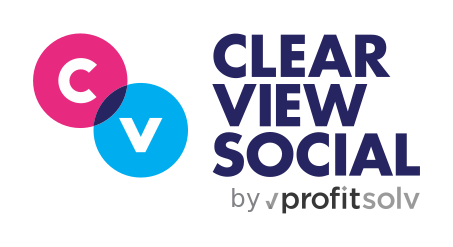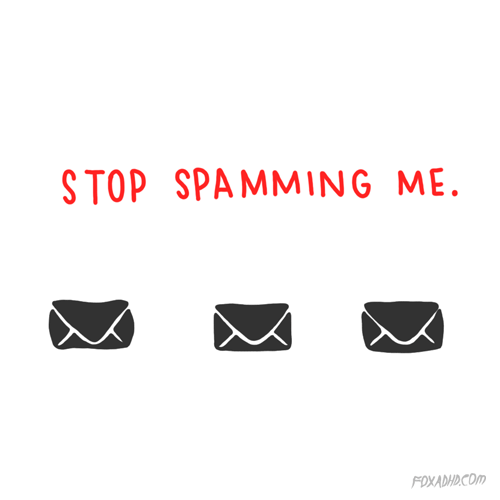Originally published on Forbes.com
Let’s talk about birthdays on social media. What in the world is going on? Has our world gone completely mad? I had my 40th birthday recently, which was awesome. My wife threw me a 90’s themed karaoke party with my closest friends and family, and it was really special. It was meaningful because I loved the people there and I’m pretty sure they loved me. Then a few days later on my actual birthday, I was bombarded by birthday greetings and hopes for “many happy returns” by a few actual friends and an avalanche of people I hardly know. I seriously have no clue who some of them are.
Am I just a birthday grinch? Or is something wrong with a mountain of generic “happy birthday” greetings? Here is the problem: as social media grows bigger and bigger, we are expanding far beyond our typical tribe. This means relationships are becoming less and less meaningful, and this is bad. According to anthropologist Robin Dunbar, as humans, we can’t maintain social relationships with more than 150 people at the same time. We don’t know the reason for sure, but anthropologists hypothesize that our brains developed to handle this many connections so that we could function and support each other in manageable groups or tribes.
Social media has increased the number of people with whom we interact but also has greatly decreased the quality of those interactions. In a recent study of over 20,000 people, more than half of the respondents reported feeling left out, alone, or isolated. One-fourth of adults live alone, and the negative impacts of loneliness are substantial. But hey, don’t the birthday greetings make people feel loved and less alone? Not exactly. Remember that time in high school you asked your secret crush to sign your yearbook, and all they wrote was “stay cool, have a great summer”? It hurt. You were looking for a connection, and they just went through the motions.
The impersonal nature of these “Happy Birthday” (or from a few of my old friends especially rushed for time, “HBD”) isn’t necessarily positive. Think about it. If you have an important relationship, what message does it send that all you could think of saying was “Happy Birthday?” Why do so many people take the time to even write “Happy Birthday” if it isn’t meaningful? The answer might surprise you: dopamine. Each time we accomplish something or check a box on our to-do list, our body releases a small amount of the chemical dopamine, and this makes us feel good. We get the same sensation each time we eat something delicious, make a putt, or get an answer right while watching Jeopardy. Dopamine is our pleasure center. We also get a shot of it when someone likes our post on Facebook or when we send someone a birthday greeting. Here’s the problem: dopamine provides pleasure, but not happiness. Happiness is usually derived from a different chemical, serotonin, which can help improve our mood and bring us more enduring happiness.
The problem? Serotonin-happy takes far more work to experience than dopamine-pleasure. When I saw the notification on Facebook that almost 100 of my friends had posted birthday greetings on my timeline, I felt that rush of dopamine. Hooray for me! Then as I read through them, I felt somewhat numb. They were all so generic. Until I got to Afton’s birthday greeting. Afton was close friends with my mom, who passed away nine years ago. Afton took some time to share a personal message with me and to say how proud she thought my mom would be of me if she was still around. Boom! Serotonin bloom. That’s the good stuff.
Adrian Dayton is the Founder of Clearview Social, an internationally recognized speaker on social media for business development, and author of multiple books and white papers including most recently the strategy guide, “10X Your Website Traffic.”

